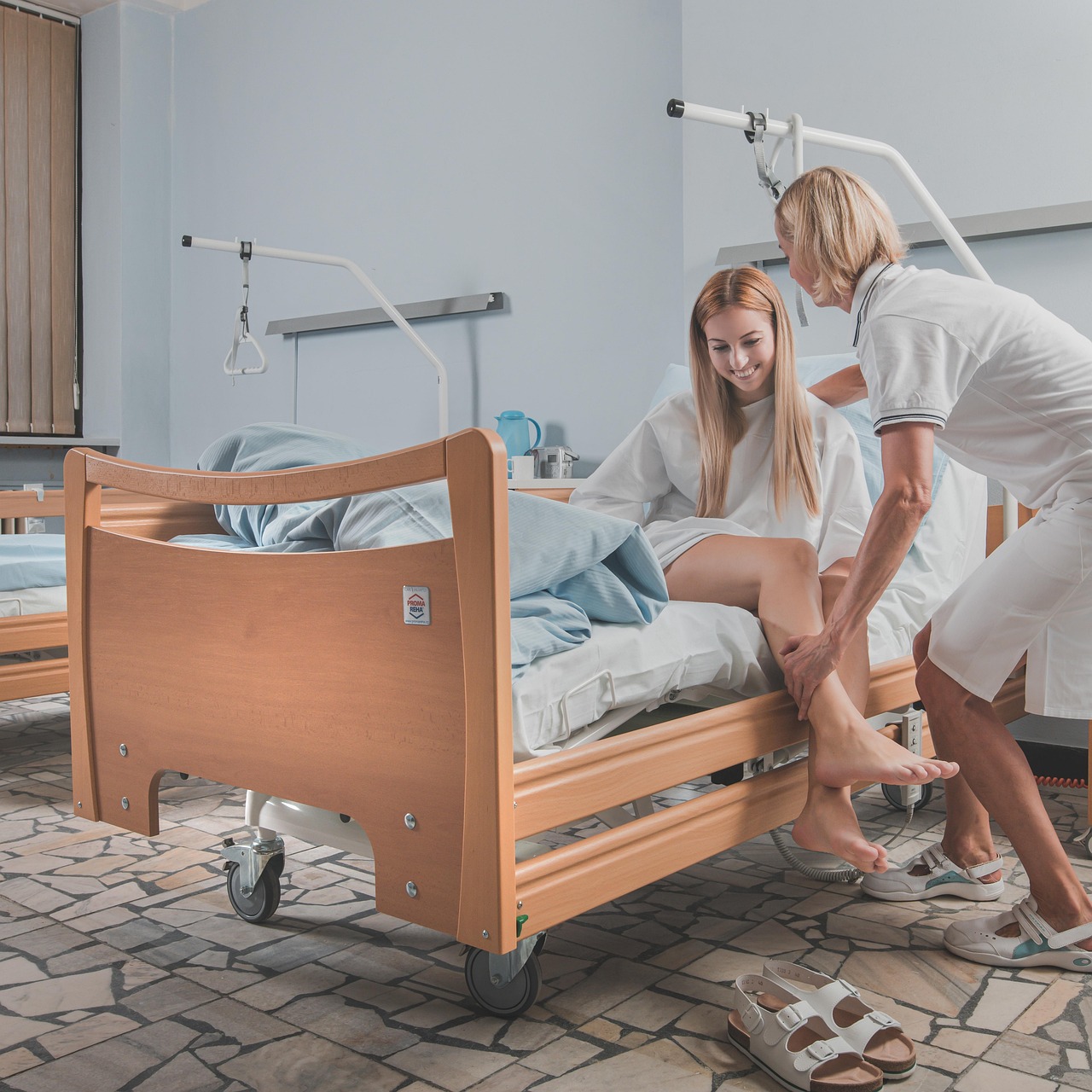26
Sep 2024
Private Hospital Review: A Chance to Focus on Key Reform Priorities for the Sector
Published in General on September 26, 2024

The review into the viability of private hospitals comes at a crucial time, as closures and service limitations threaten patient access to care. Several private hospitals have shut down recently, while others have scaled back services, putting further pressure on the public health system. Public hospitals would struggle even more without a solid private healthcare sector, especially with waiting lists for essential surgeries growing and many patients waiting years for treatment.
The Australian Medical Association (AMA) has been raising concerns about structural issues within the private health sector for years. The AMA welcomes this review and looks forward to collaborating with the review team to address private hospitals' challenges. Last year, the AMA held a workshop with leaders from the health sector, including representatives from the Department of Health and Aged Care and the minister's office. Attendees discussed the urgent challenges confronting private hospitals.
The AMA has put forward several proposals to make private health insurance more affordable and improve its value for consumers and the broader healthcare system. These measures are crucial to ensure the long-term sustainability of private healthcare. One of the key recommendations is establishing a new independent body, the Private Health System Authority. This body would help create a cohesive regulatory framework that protects patient choice while ensuring the private health sector can continue to meet the needs of Australians in the future. In line with patient needs, Melbourne hospital accommodation options are essential for those travelling for medical treatments.
As hospital stays and care evolves, access to fully furnished, short-term accommodation near major hospitals like St. Vincent’s and Royal Melbourne Hospital is vital in supporting patients and their families. These serviced apartments provide comfort and convenience, ensuring patients can focus on recovery without the stress of finding suitable housing.
This review highlights the need for hospital reform and underscores the importance of accessible accommodation near medical facilities, especially in cities like Melbourne, where demand continues to grow.









